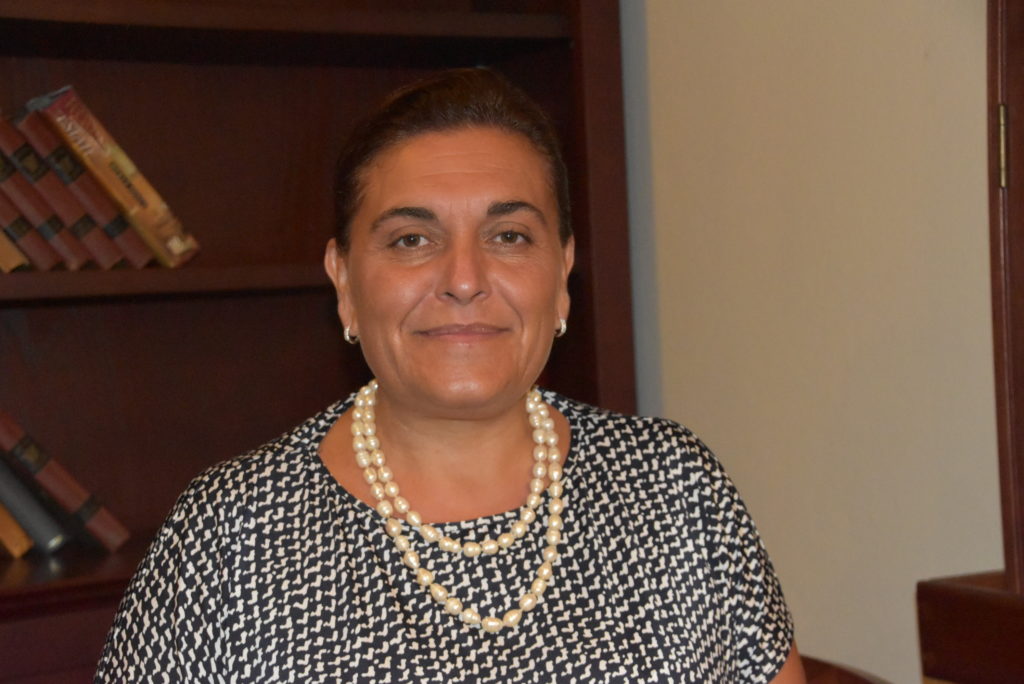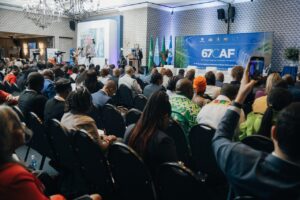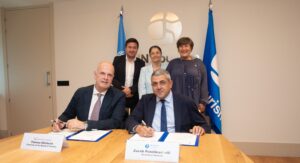The UN’s World Tourism Organization (UNWTO) is the United Nations agency in charge of promoting responsible, sustainable and universally accessible tourism.
As the leading international organization in the field of tourism, the UNWTO promotes tourism as a driver of economic growth, inclusive development and environmental sustainability and offers leadership and support to the sector in advancing knowledge and tourism policies worldwide.
The World Committee on Tourism Ethics (WCTE) is an independent and impartial body operating under the UNWTO aegis, established in 2003 to promote and disseminate the UNWTO Global Code of Ethics for Tourism, as well as the evaluation and monitoring of the implementation of its principles.
Professor Novelli, Professor of Tourism and International Development in the University of Brighton’s School of Business and Law, said: “I am delighted at this appointment to the UN World Tourism Organisation’s World Committee on Tourism Ethics. This role is very much in line with my long-standing commitment to generating new knowledge on ways in which tourism can play a key role in sustainable development by stimulating local economies, conserving the environment, developing people, and changing lives.
“As an Affiliate Member of the UNWTO, the University of Brighton has been delivering programmes of research, knowledge exchange and teaching in sustainable tourism for over 20 years, and I look forward to contributing to the WCTE’s agenda for the next five years, particularly at such a critical time for the sector globally.
In addition to being a prestigious recognition of Professor Novelli’s global work in sustainable and responsible tourism, her appointment until 2025 to this influential UN committee chimes with University of Brighton’s own strategy for the same period – entitled Practical Wisdom – as well as the UN 2030 Agenda for Sustainable Development.
Ethical tourism is a type of tourism which benefits people and the environment in different destinations by, for example, offering a better income to families living in the area, and by sourcing products and services locally. All forms of tourism have the potential to be more ethical, sustainable and responsible by contributing to economic prosperity, social equality and environmental and cultural conservation.
Professor Novelli, Professor of Tourism and International Development in the University of Brighton’s School of Business and Law, said: “I am delighted at this appointment to the UN World Tourism Organisation’s World Committee on Tourism Ethics. This role is very much in line with my long-standing commitment to generating new knowledge on ways in which tourism can play a key role in sustainable development by stimulating local economies, conserving the environment, developing people, and changing lives.
“As an Affiliate Member of the UNWTO, the University of Brighton has been delivering programmes of research, knowledge exchange and teaching in sustainable tourism for over 20 years, and I look forward to contributing to the WCTE’s agenda for the next five years, particularly at such a critical time for the sector globally.
“Being a responsible tourist involves a process transformation in the way we travel and/or offer services to tourists. Making ethical and responsible choices involves personal set of values and the transformation may take place little by little, learning from mistakes and aiming to learn from and do better in each travel experience. There may never be a 100% ethical way to travel, but there are numerous thoughtful steps to make a positive impact.
“The COVID19 pandemic brought tourism to a standstill. It has provided time to reflect on the importance of tourism as an economic sector, but most importantly on the impacts (positive and negative) that the sector has on destinations. The ‘good, the bad and the ugly’ of tourism have been studied for the past few decades – yet acting more consciously when deciding where, how and what to do on holiday is not everybody’s priority or is not fully understood.
“The UNWTO has produced Tips For A Responsible Traveller as a guide in the transformation we should all embrace whether travelling locally, nationally or internationally.”
Source: www.brighton.ac.uk/news








